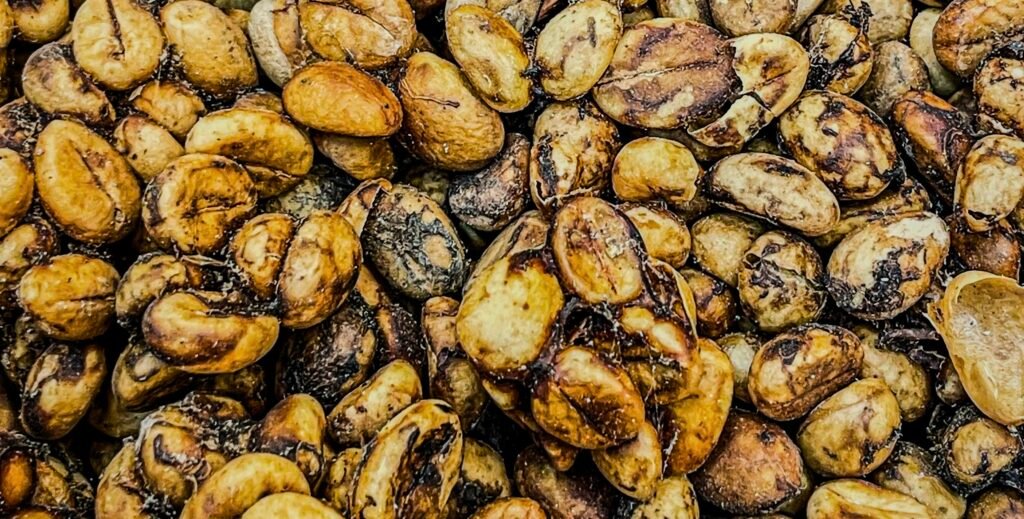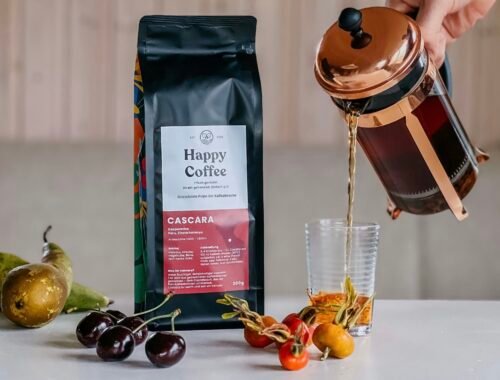
Black Ivory & Kopi Luwak : The upper echelon of coffee
The coffee industry today is a multi billion dollar global force, with each country contributing its own distinct flavors and variety. From the fruity brightness of Ethiopian beans to the earthy, nutty tones of Colombian varieties, regional characteristics shape not only taste but also demand. The more rare and unique the flavor, the higher the price tag.
Among all the world’s produce, two coffees sit at the very top in both exclusivity and cost: Black Ivory and Kopi Luwak. You won’t find them on your local supermarket shelf or even listed on the menu at your favorite neighborhood café. And there’s a reason for that. would you pay 150 AED for a single cup? Most wouldn’t even consider it. But what makes these two so highly regarded? Are they truly the crème de la crème of coffee?

Interestingly, both have one unexpected trait in common: they’re processed through animal digestion. That’s right. two of the most expensive coffees in the world are harvested from animal feces. But before you disregard it, let’s explore what gives them such an elite reputation.
Black Ivory
If you search “most expensive coffee in the world,” Black Ivory is likely the first name you’ll see. It originates in Thailand, a Southeast Asian country known for its cultivation of robusta coffee. But what sets this variety apart is not just geography, it’s the unique production process.
Black Ivory is made from beans that have been consumed and digested by elephants. The animals are fed carefully selected coffee cherries, which ferment as they pass through their digestive system. The beans are later collected from the dung, thoroughly cleaned, and then roasted.
The reason Black Ivory commands such a high price ( over $1,000 per kilogram) comes down to its complexity. Elephants have large, slow digestive systems, which means the process takes time and yields very little usable coffee from what they ingest. Additionally, the fermentation process naturally reduces the bitter compounds (like caffeine and proteins), resulting in a cup that’s smoother and less acidic than typical brews.
After careful collection cleaning and processing, the beans are sold either green or roasted, often landing in luxury hotels and exclusive cafés. Is it worth the price? That’s for your taste buds and perhaps your wallet to decide.
Kopi Luwak
Kopi Luwak comes from Indonesia. The name luterally translates directly to civet coffee. The civet is a small, nocturnal mammal that resembles a cat and is known for its keen sense of smell. In the wild, civets instinctively select and consume only the ripest, highest-quality coffee cherries.
Once digested, the beans pass through the civet’s system, undergoing natural fermentation along the way. After excretion, they are carefully cleaned and processed for consumption. The result is a coffee known for its smooth body, mild acidity, and subtle, almost wine-like flavor.
Kopi Luwak’s high price tag is tied not just to the fermentation process, but also to its scarcity and the belief that these animal selected beans are of the highest quality. That said, the coffee’s fame has led to growing concerns. Many producers now keep civets in captivity, force feeding them coffee cherries in unethical conditions. This has sparked widespread criticism regarding both animal welfare and product authenticity.
A Shared Throne

Black Ivory and Kopi Luwak may come from different parts of the world, but they share a unique space in the coffee kingdom. Both are rare, highly valued, and steeped in a mix of tradition, curiosity, and controversy.
As the coffee world continues to evolve, new discoveries and innovations are constantly expanding what’s possible in the cup. There’s no shortage of exceptional brews out there but the stories behind Black Ivory and Kopi Luwak stand apart.
So if you ever come across them on an exclusive menu, you understand what makes them elite. Whether you choose to explore or simply curious, one thing’s certain: the world of coffee never ceases to surprise.
Stay caffeinated.

The Coffee We Don’t Talk About

Why Decaf
You May Also Like

The wonder of Cascara
May 23, 2025
Bean to Mug : The origin story
May 5, 2025
